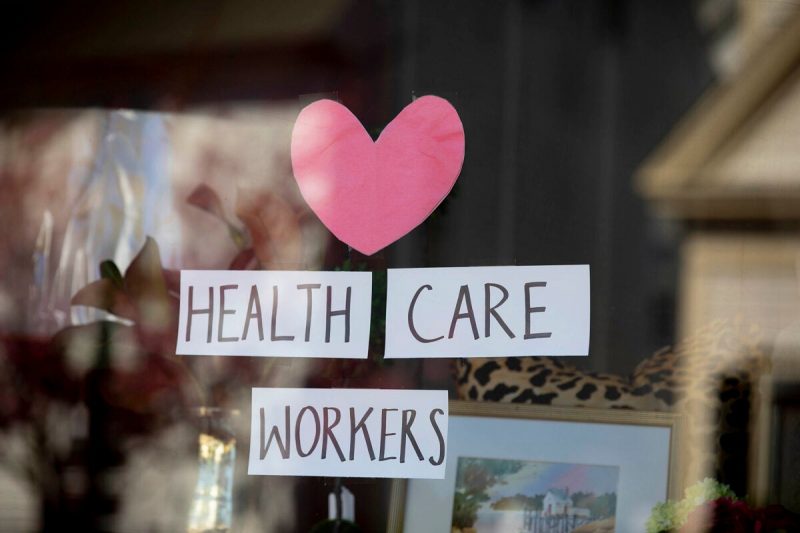In a world shaken by the unexpected outbreak of a global pandemic, individuals and societies have been required to navigate unprecedented challenges and adapt to a new way of life. The lessons learned during such a crisis are invaluable, shaping perspectives and prompting reflections on the resilience and unity of humanity. As we reflect on the crucial milestones and experiences of this pandemic, several fundamental lessons emerge to guide us towards a more collectively conscious and compassionate future.
One of the most profound lessons that the pandemic has underscored is the importance of global solidarity and cooperation. The interconnected nature of our world became starkly apparent as the virus traversed borders with ease, affecting individuals of every nationality and background. In response, nations had to set aside differences and work together to combat a common enemy, demonstrating that only through collaboration and mutual support can we overcome shared challenges.
Furthermore, the pandemic has served as a stark reminder of the fragility of our healthcare systems and the essential role of healthcare workers. Frontline workers, including doctors, nurses, and medical staff, courageously stood at the forefront of the battle against the virus, risking their lives to save others. Their dedication and sacrifice highlight the importance of prioritizing healthcare infrastructure and resources, as well as acknowledging and supporting those who selflessly serve in times of crisis.
Another crucial lesson learned from the pandemic is the significance of adapting to new and rapidly changing circumstances. Individuals and communities had to swiftly adjust to remote work, online learning, and social distancing measures, disrupting familiar routines and lifestyles. This adaptability and resilience demonstrated the human capacity for innovation and flexibility when faced with adversity, emphasizing the importance of being open to change and embracing new ways of living and working.
Moreover, the pandemic has shed light on the disparities and inequalities that exist within societies, disproportionately impacting vulnerable populations such as low-income communities, minorities, and the elderly. This stark reality serves as a poignant reminder of the urgent need to address systemic inequalities and strive for a more just and inclusive society. Building a more equitable world requires a commitment to social justice, access to essential resources, and the protection of the most marginalized members of society.
In conclusion, the lessons drawn from the pandemic offer valuable insights that can guide individuals and societies towards a more resilient and compassionate future. By embracing global solidarity, prioritizing healthcare infrastructure and frontline workers, adapting to change, and addressing systemic inequalities, we can emerge from this crisis stronger and more united than before. As we navigate the challenges of today and prepare for the uncertainties of tomorrow, let us carry forward these lessons as beacons of hope and resilience, guiding us towards a brighter and more inclusive world for all.

